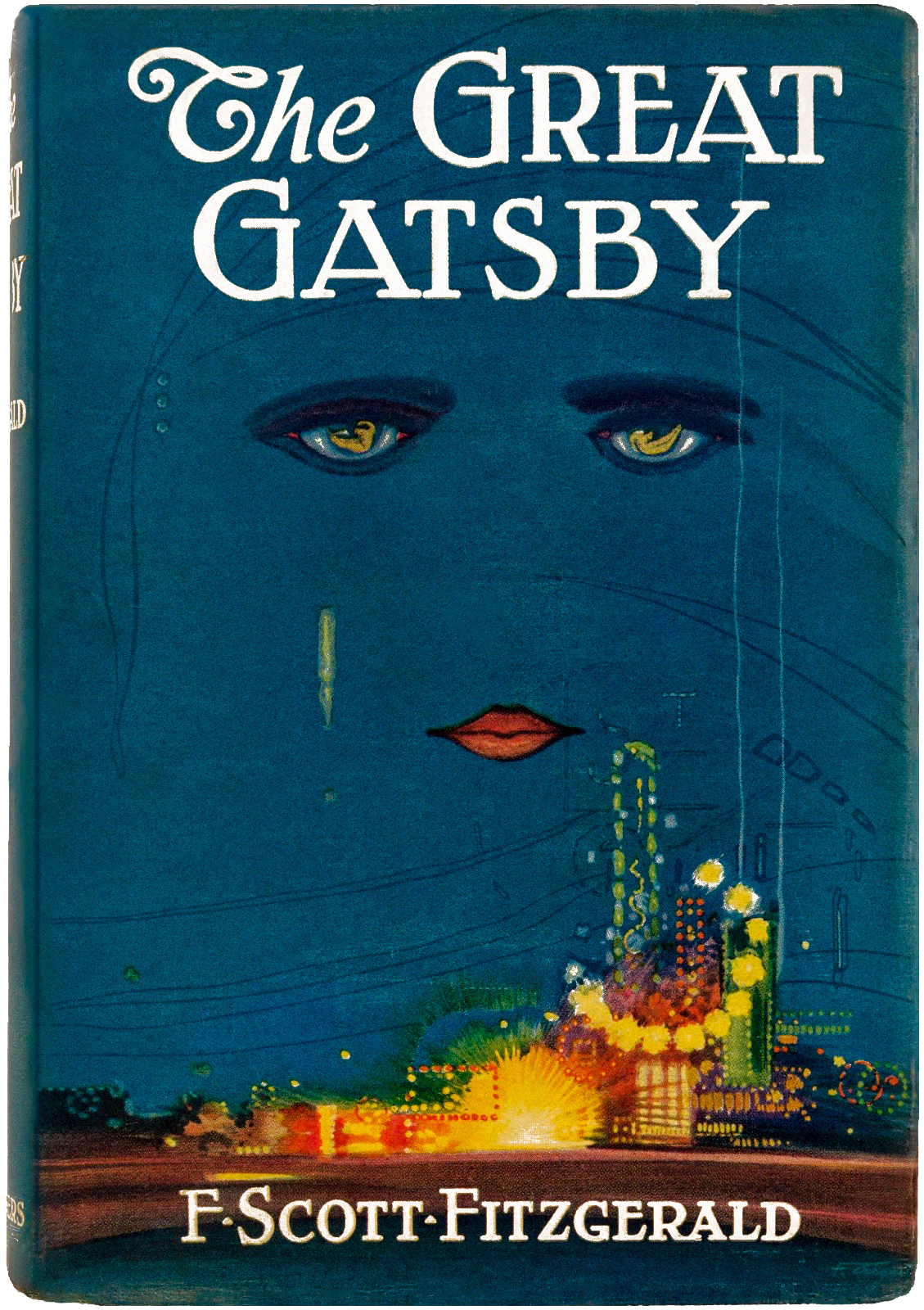- 20 Songs You Didn’t Realize Were About Real-Life Feuds - February 25, 2026
- 12 Festival Ticket Frauds That Left Fans Broke and Locked Out - February 25, 2026
- 20 Stars Who Rebuilt Their Careers After Public Collapse - February 25, 2026
The Great Gatsby – F. Scott Fitzgerald

“The Great Gatsby” is often heralded as one of the greatest American novels, but not everyone is on board with this acclaim. Critics argue that while Fitzgerald’s prose is undeniably beautiful, the story itself lacks depth. It revolves around the lives of the wealthy, filled with extravagance and poor decision-making. Some readers find it difficult to empathize with characters who seem to only chase shallow dreams. Despite these criticisms, the novel remains a poignant critique of the American Dream. Its exploration of themes such as wealth, class, and love, coupled with its rich symbolism, ensure its continued relevance in literary discussions.
The Catcher in the Rye – J.D. Salinger

“The Catcher in the Rye” has been a staple in the exploration of teenage angst, yet it divides readers like few others. The protagonist, Holden Caulfield, is often seen as frustratingly whiny and cynical, leading some to dismiss the book as an overhyped tale of adolescent rebellion. However, for many, it captures the universal struggle of navigating the transition from youth to adulthood. Salinger’s raw portrayal of alienation and identity crisis resonates with readers who see Holden’s journey as a mirror of their own experiences. The novel’s enduring impact lies in its ability to inspire introspection and empathy.
Eat, Pray, Love – Elizabeth Gilbert

Elizabeth Gilbert’s memoir “Eat, Pray, Love” has been both celebrated and criticized since its release. Detractors often label it as self-indulgent, portraying a privileged journey of self-discovery that is inaccessible to many. Nonetheless, the book has struck a chord with readers who find inspiration in Gilbert’s quest for personal fulfillment. The narrative encourages readers to look beyond material success and explore what truly brings joy and meaning to their lives. Its emphasis on travel and self-exploration has motivated countless individuals to embark on their own transformative journeys.
The Alchemist – Paulo Coelho

Paulo Coelho’s “The Alchemist” is celebrated worldwide, yet some readers find its philosophical messages overly simplistic. Critics argue that its narrative is predictable, offering little new insight into the pursuit of dreams. Despite this, the novel has inspired millions with its message of hope and personal legend. Its universal theme of following one’s heart and the idea that the universe conspires to help those who pursue their dreams have made it a beloved classic. For many, it serves as a reminder of the power of dreams and the importance of self-belief.
Twilight – Stephenie Meyer

The “Twilight” series by Stephenie Meyer has been both a cultural phenomenon and a subject of literary criticism. While it captivated a generation of young readers, critics point out its weak character development and problematic romantic themes. The series is often criticized for its portrayal of love and relationships, yet it undeniably sparked a renewed interest in vampire fiction. “Twilight” opened up conversations about love, fantasy, and escapism, becoming a gateway into the world of reading for many young adults. Its impact on pop culture and the publishing industry is indisputable.
Fifty Shades of Grey – E.L. James

E.L. James’s “Fifty Shades of Grey” series has been both a commercial success and a literary punching bag. Critics highlight its poor writing and unrealistic portrayal of relationships as significant drawbacks. Despite these criticisms, the series has played a role in bringing discussions about romance, sexuality, and BDSM into the mainstream. It challenged societal norms and opened up conversations about sexual exploration and empowerment. For many readers, it served as an entry point into a broader discourse about romance and personal freedom in literature.
Wuthering Heights – Emily Brontë

Emily Brontë’s “Wuthering Heights” is often lauded for its gothic intensity, yet it remains a polarizing novel. The toxic romance and cruelty between characters can be unsettling, leading some to question its status as a classic. However, its exploration of obsession, revenge, and the darker sides of love offers a profound narrative that delves into the complexities of human emotions. Brontë’s ability to evoke strong, conflicting feelings in readers is a testament to her storytelling prowess. The novel’s dark allure and psychological depth continue to intrigue and captivate readers.
Stoner – John Williams

“Stoner” by John Williams is a quietly powerful novel that has flown under the radar for many years. Its focus on the life of an ordinary man might seem uneventful, but Williams’s masterful prose turns the mundane into something extraordinary. The novel’s emotional depth and exploration of human resilience resonate with readers who find beauty in its simplicity. It delves into the complexities of life, love, and personal fulfillment, making it a deeply moving experience for those who appreciate introspective storytelling.
The Shadow of the Wind – Carlos Ruiz Zafón

Carlos Ruiz Zafón’s “The Shadow of the Wind” is a literary mystery that has enchanted readers around the world, though it remains relatively underappreciated in some regions. The novel weaves a captivating tale of intrigue, romance, and a love for books, set against the backdrop of post-war Barcelona. Its rich narrative and atmospheric setting draw readers into a world where the lines between reality and fiction blur. For those who cherish books and storytelling, this novel is a testament to the enduring power of literature.
The Master and Margarita – Mikhail Bulgakov

“The Master and Margarita” by Mikhail Bulgakov is a novel that defies easy categorization. Its blend of history, magic, and political satire offers a unique reading experience that challenges conventional storytelling. Although it was banned in the Soviet Union for years, its brilliance has slowly gained recognition in the West. Bulgakov’s narrative invites readers to reflect on morality, power, and the absurdities of human nature. Its surreal elements and philosophical depth make it a must-read for those seeking a thought-provoking literary journey.

CEO-Co-Founder

